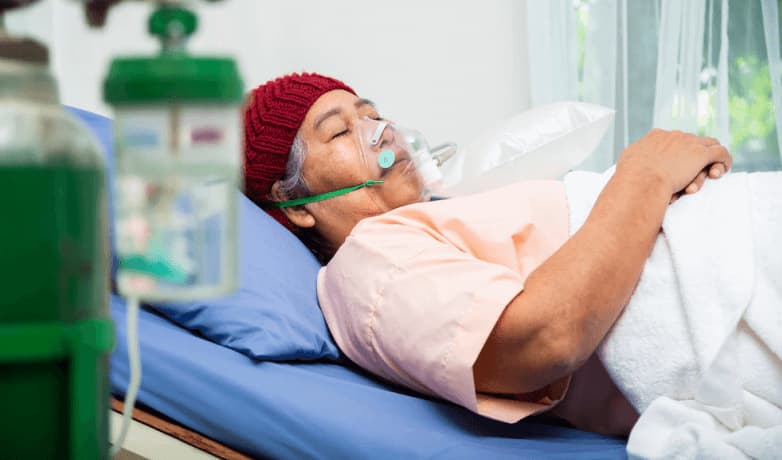
BII (Breast Implant Illness)
Research is emerging about breast implant illness (BII), a newly recognized condition that affects women after breast augmentation or breast reconstruction with implants. It is also referred to as autoimmune/inflammatory syndrome induced by adjuvants (ASIA). The specifics of BII are relatively unknown, so it is primarily categorized by a wide set of symptoms. Monitoring for these symptoms is important. Should you experience any signs of BII, schedule an appointment at BEYOND Collective for an evaluation.
How Do You Know If You Have BII?
Although BII has not be clearly defined, there are several chronic and unexplained symptoms that are common among women with the condition. The symptoms may appear years after implant surgery or immediately after the procedure. Because so little is known about BII, women may be misdiagnosed with other medical conditions. As a result, treatments for those conditions may be unsuccessful or produce less than optimal results. Specifically, women with BII may experience:
- Problems with concentration and memory
- Respiratory problems that aren’t linked to any specific diseases
- Problems sleeping
- Chronic fatigue
- Anxiety
- Neurological disturbances
- Headaches
- Chills
- Depression
- Chronic pain in the muscles or joints
- Chest pain
- Chronic dry eyes
- Persistent rashes on the skin
- Chronic dry mouth
- Light and sun sensitivity
- Hair loss
Does Everyone with Implants Get BII?
Studies reveal that not everyone who gets breast implants develops BII. Early research into the condition does indicate that women with disorders of the connective tissues or autoimmune disorders, such as rheumatoid arthritis, lupus, and scleroderma, may be at higher risk. There are, though, women who have BII, yet don’t have an autoimmune or connective tissue disorder. As more data is collected, we will be able to better define the specific characteristics and risk factors for BII. Fortunately, symptoms appear to resolve fairly quickly once the implants are removed.
What Kind of Implants Cause BII?
BII has not been linked to any specific type of breast implant. The condition has been diagnosed in women with saline and silicone implants. Additionally, cases have been found in women with teardrop, smooth, round, and textured breast implants. There may be a possible link between BII and silicone. Silicone is known to chronically stimulate the immune system. All types of breast implants are made with silicone materials, even saline implants that have an outer silicone shell.
How Common is Breast Implant Illness?
BII has not been formally studied, and researchers are encouraging women to report any symptoms to their plastic surgeons. This helps the medical community and researchers to better understand the extent and nature of the condition. Much of the information that has emerged thus far is anecdotal, meaning that it is only loosely collected and analyzed. At BEYOND Collective, we gather information about any symptoms experienced by our patients to make a meaningful contribution to research efforts.
Learn More About BII (Breast Implant Illness)
If you have any symptoms of breast implant illness (BII) or have concerns about your breast implants, contact us right away to schedule an appointment with Dr. MaDan.


